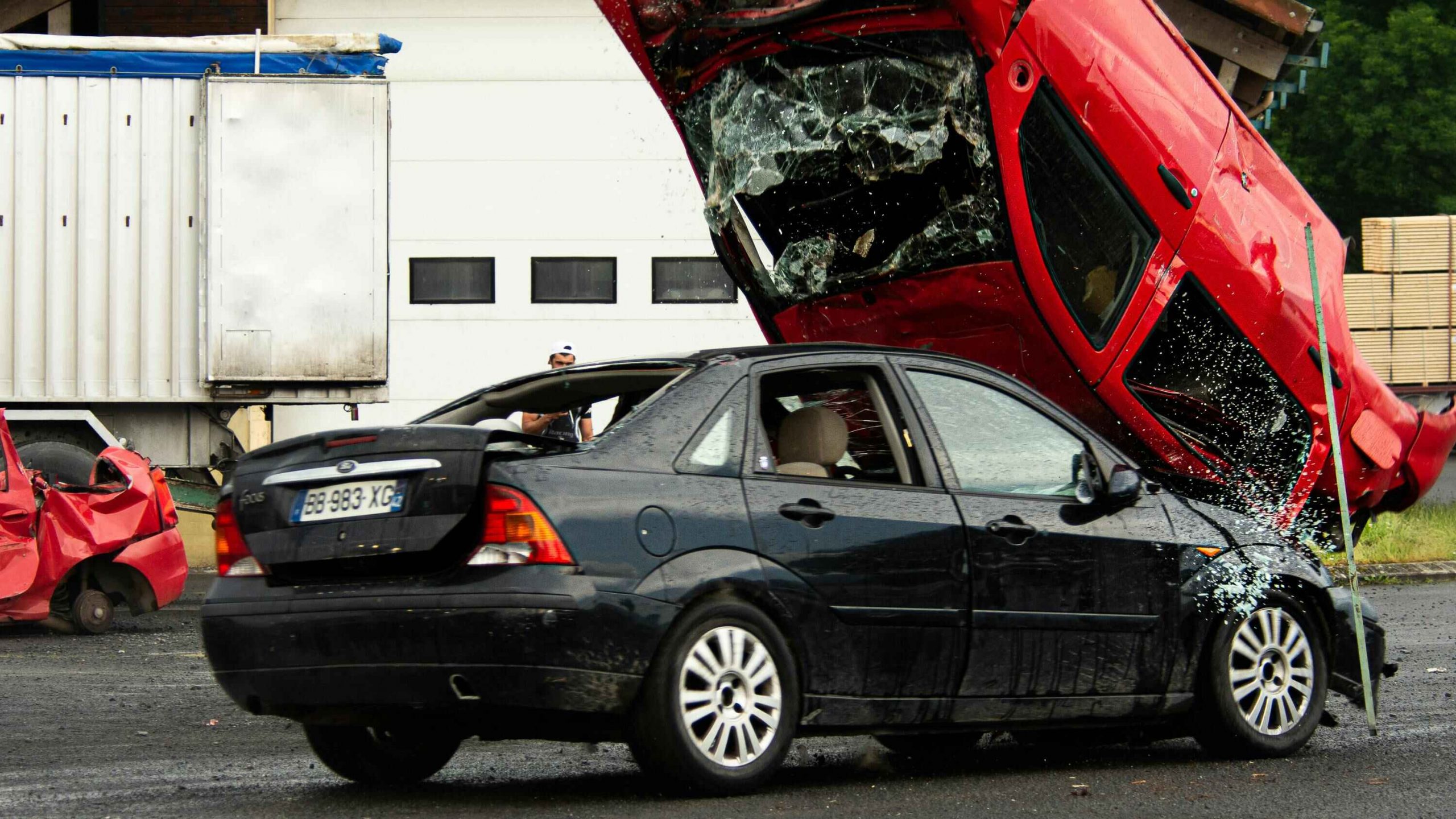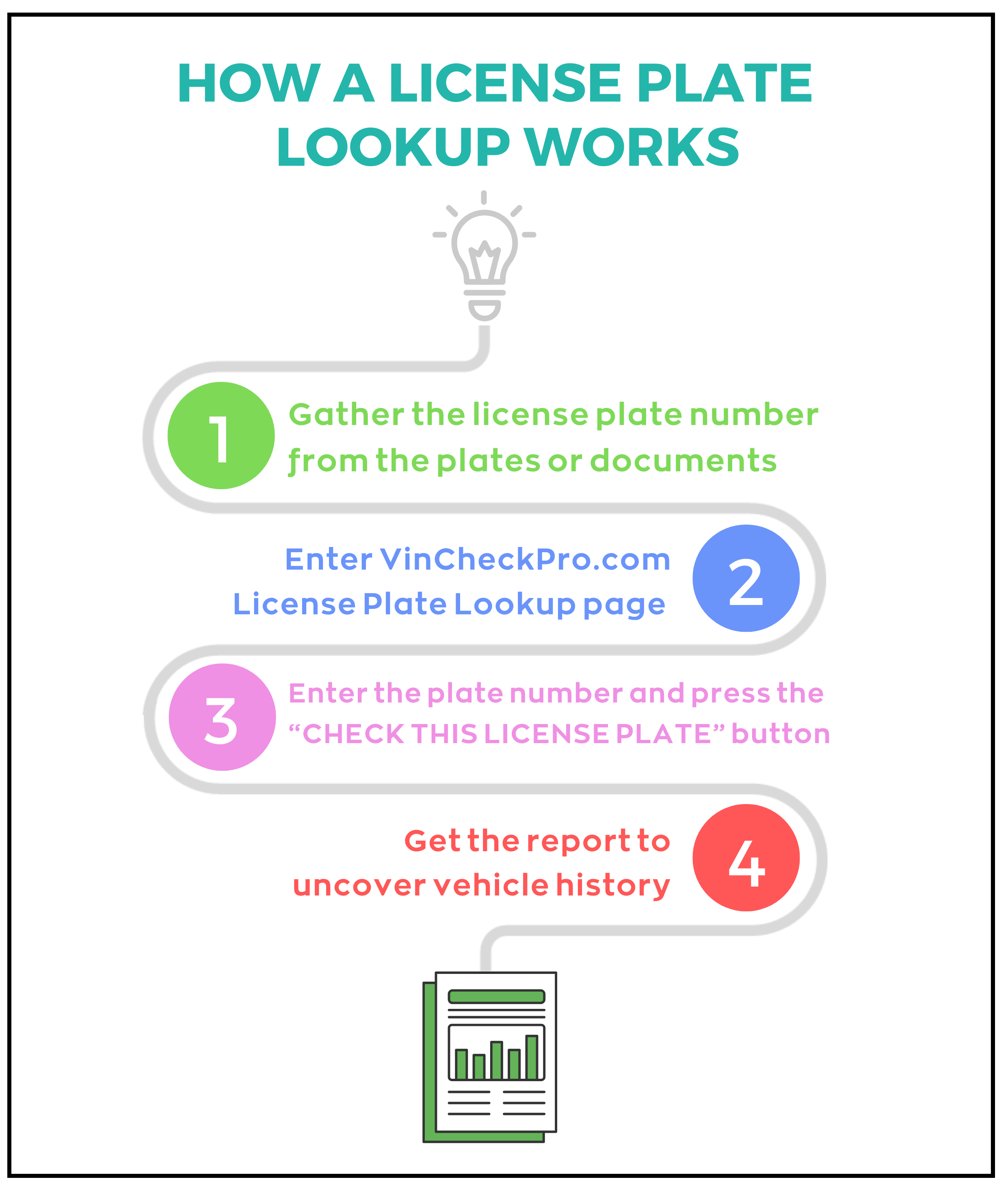
You know that feeling when you’re stuck behind a car with a bumper sticker that screams “I’m a terrible driver,” and you secretly hope it’s not your turn to deal with their chaos on the road? We’ve all been there. And while you might not be able to stop their reckless driving, there’s something you can do if things go south: a License plate lookup for accidents.
You never know when you’ll need it. The next time someone rear-ends you or sideswipes your car like it’s a demolition derby, having the ability to pull up the car’s history could be a game-changer. Protect yourself, and don’t wait until the worst happens. Get smart, get proactive, and do an accident investigation lookup.
How License Plate Lookups Aid Accident Investigations
Accident investigations often hinge on accurate identification of involved parties. An accident investigation lookup can:
- Provide Vehicle Details: Access information about the make, model, year, and other specifications to corroborate witness accounts and ensure accuracy during the investigation.
- Support Legal Proceedings: Offer reliable data that can be used as evidence in court, helping to establish liability or provide clarity on the events leading up to the accident, especially in hit-and-run cases where the plate number can help apprehend the offender.
- Track Vehicle History: An accident investigation lookup can provide insight into any past accidents or transactions associated with the vehicle, which could influence the investigation’s outcome or provide context for the current incident.
- Establish Vehicle Ownership Timeline: Investigators can confirm if a vehicle had been sold, leased, or transferred, ensuring the right parties are being held accountable.
- Aid in Recalls and Safety Issues: Information obtained through a license plate lookup can reveal if the vehicle was subject to any recalls or had unresolved safety issues that may have contributed to the accident.
- Verify Vehicle Modifications: In some cases, a lookup can reveal whether a vehicle has been modified in ways that could affect its performance or safety, helping investigators determine the role these modifications played in the accident.
- Cross-Verify License Plate Details with Police Reports: In accident cases, it’s common for police reports to document the vehicle’s license plate number. A license plate lookup for accidents can help ensure that the details in the report, such as the make, model, and vehicle identification number (VIN), are consistent with the registered information, providing further reliability to the investigation.
- Assist in Vehicle Recovery: In cases where a vehicle is stolen and involved in an accident, a license plate search can help track down the vehicle and identify those responsible for the theft or unauthorized use.
No plate number? No problem! Try a VIN check—because finding skeletons in your car’s closet is way better than finding them in your driveway. Start your search now!
The Role of License Plate Lookups in Insurance Claims
Insurance claims require detailed information to assess liability and damages. License plate lookups, including insurance claims lookup, can:
| Assist Investigations | Supply data to help determine accident causes and responsibility. |
| Aid Claim Resolution | Provide accurate vehicle information to support claim outcomes. |
| Detect Fraud | Flag discrepancies like mismatched claims to identify fraud. |
| Track Accident History | Assess risk by accessing accident history via an insurance claims lookup. |
| Confirm Condition | Provide context on past damages or repairs affecting claims. |
| Assist in Subrogation | Link claims to vehicles to aid cost recovery in third-party incidents. |
| Evaluate Risk | Assess a vehicle’s risk profile to guide premiums and claims. |
| Cross-Check Liability | Verify accident fault by matching license plate data with reports for fair settlements. |
| Ensure Compliance | Verify if a vehicle is properly insured and meets local regulations, impacting claims. |
How to Use a License Plate Lookup to Resolve Disputes
Resolving disputes effectively often involves leveraging accurate data. Here’s how a license plate lookup for accidents can help:
- Gather Evidence: Collect official records linked to the license plate.
- Verify Facts: Cross-check vehicle and owner/seller details against claims.
- Check Accident History: Look for past accidents or reports linked to the vehicle.
- Inspect Insurance Information: Use an insurance claims lookup to uncover coverage related to incidents.
- Ensure Legal Compliance: Confirm if the vehicle is in good standing (e.g. no active theft status or unresolved recall issues).
- Resolve Liability Issues: Clarify who is at fault in case of disputes involving past and present damage or accidents.
- Support Legal Action: Provide official records for court cases or claims.
Visual Guide: How a License Plate Lookup Works

Legal and Ethical Considerations
When using license plate lookup tools, it’s important to ensure compliance with:
- The Driver’s Privacy Protection Act (DPPA): Regulates access to personal information.
- State Laws: Each state has unique regulations regarding public records access.
Discover how license plate lookups can play a key role in accident investigations and insurance claims—and how you can use them smartly while staying on the right side of the law.
Don’t risk rolling the dice with your safety or your bank account. Use a license plate lookup for accidents to avoid becoming the next plot twist in someone else’s car drama. Start your search now—because peace of mind is better than surprises on the road.